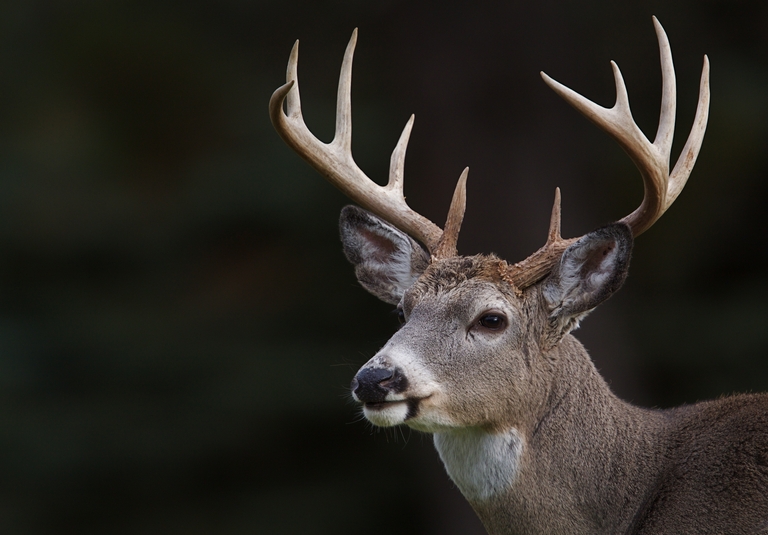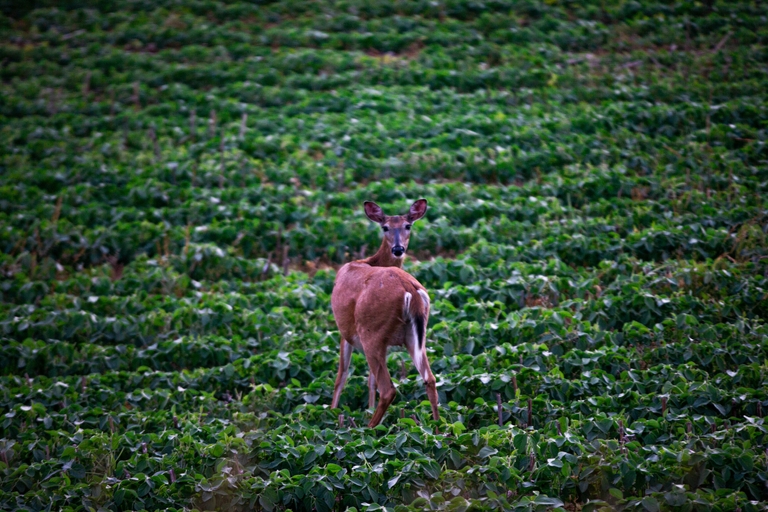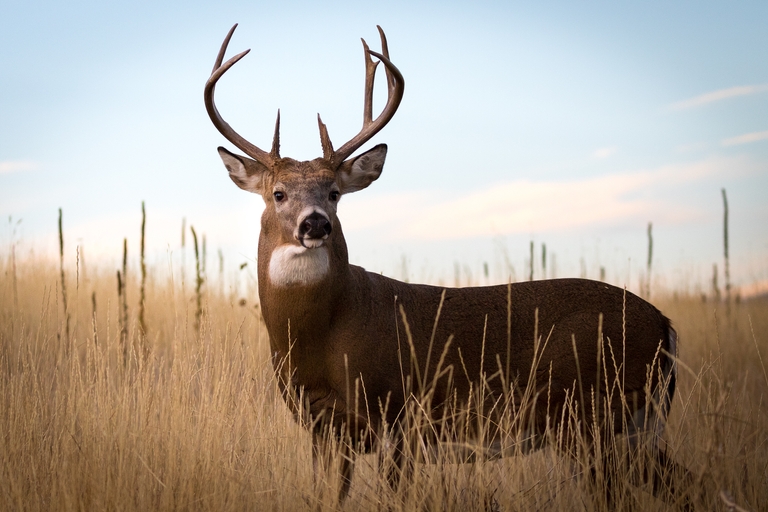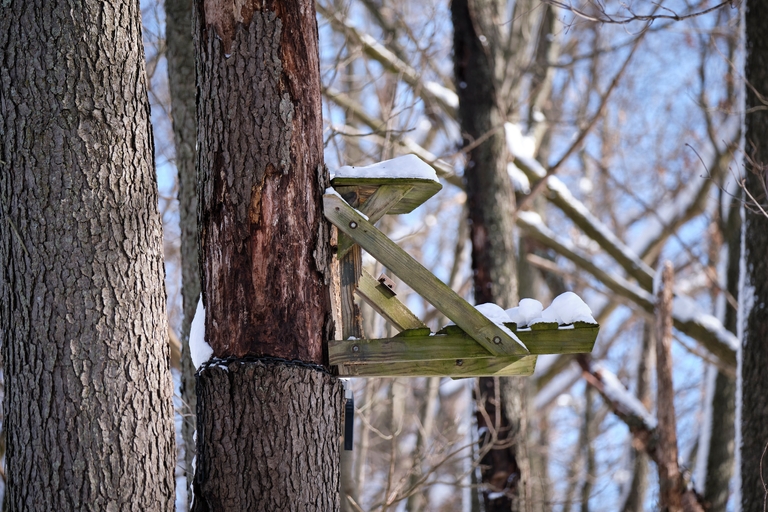Precision vs Accuracy: Which Is More Important For Hunters?
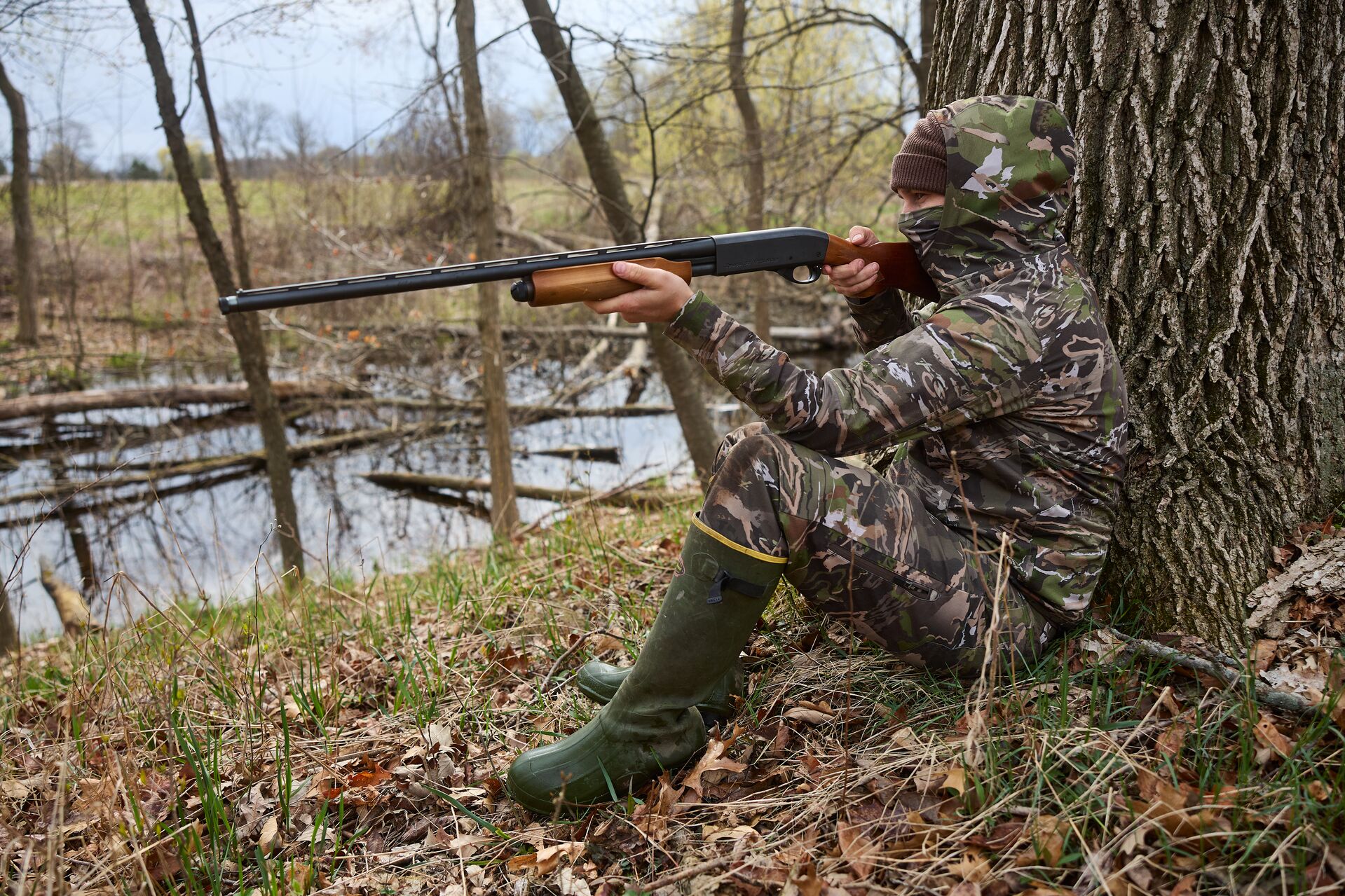
A great hunter can showcase precision and accuracy when shooting, whether with a bow or firearm, but what is more important in the precision vs. accuracy debate?
While these two forces interact and are often confused, some nuanced differences play a distinct role in the effectiveness of a shot. Taking a precise and accurate shot is more than just a showcase of skill; it's an ethical obligation highlighting a hunter's dedication to the sport and hunting safety.
So, which is more important: precision vs accuracy? Today we look at the difference between the two concepts, how they impact hunting success, which should be prioritized for a beginner, and some strategies to help you become a more accurate and precise hunter.
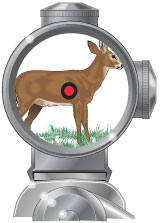
Understanding Precision vs Accuracy
The distinction between the two forces is relatively straightforward.
- Precision refers to the consistency of your shots, or, another way to think of it, how well you group your arrows or bullets.
- Conversely, accuracy refers to the proximity to the target or bullseye of your arrows or shots.
Both accuracy and precision are essential for hunting and should be prioritized on your time at the range, along with hunting and gun safety.
The Importance of Precision in Hunting
Precision is the foundation of success – as it requires consistent accuracy – and can only be achieved through raw repetition and putting time down at the range or out in the field. It's a sign that a hunter is proficient and familiar with their firearm or bow.
Some of the additional reasons why precision is essential in hunting include the following.
Consistency in Your Shots
Precision ensures consistency, which means you can be comfortable taking a shot and know where it will end up.
While this may sound fundamental when taking an animal, this is an ethical consideration, and this consistency is crucial when adjusting for factors such as wind or distance to ensure a clean kill.
Confidence Building
The more time you spend on the range building confidence in your precision, the better. Getting a feel for the different factors that indicate a shot's trajectory and consistent shot placement builds confidence in one's abilities.

Tracking and Calibration
With consistent shot placement and confidence that you are shooting straight, calibrating your sights or optical equipment becomes infinitely easier.
Remember: sighting in your rifle is a crucial aspect of preparing for a hunt. Doing this before heading out to a hunt not only helps you improve your chances of hitting the animal in your sights but also helps keep others safe by reducing the potential of an errant bullet.
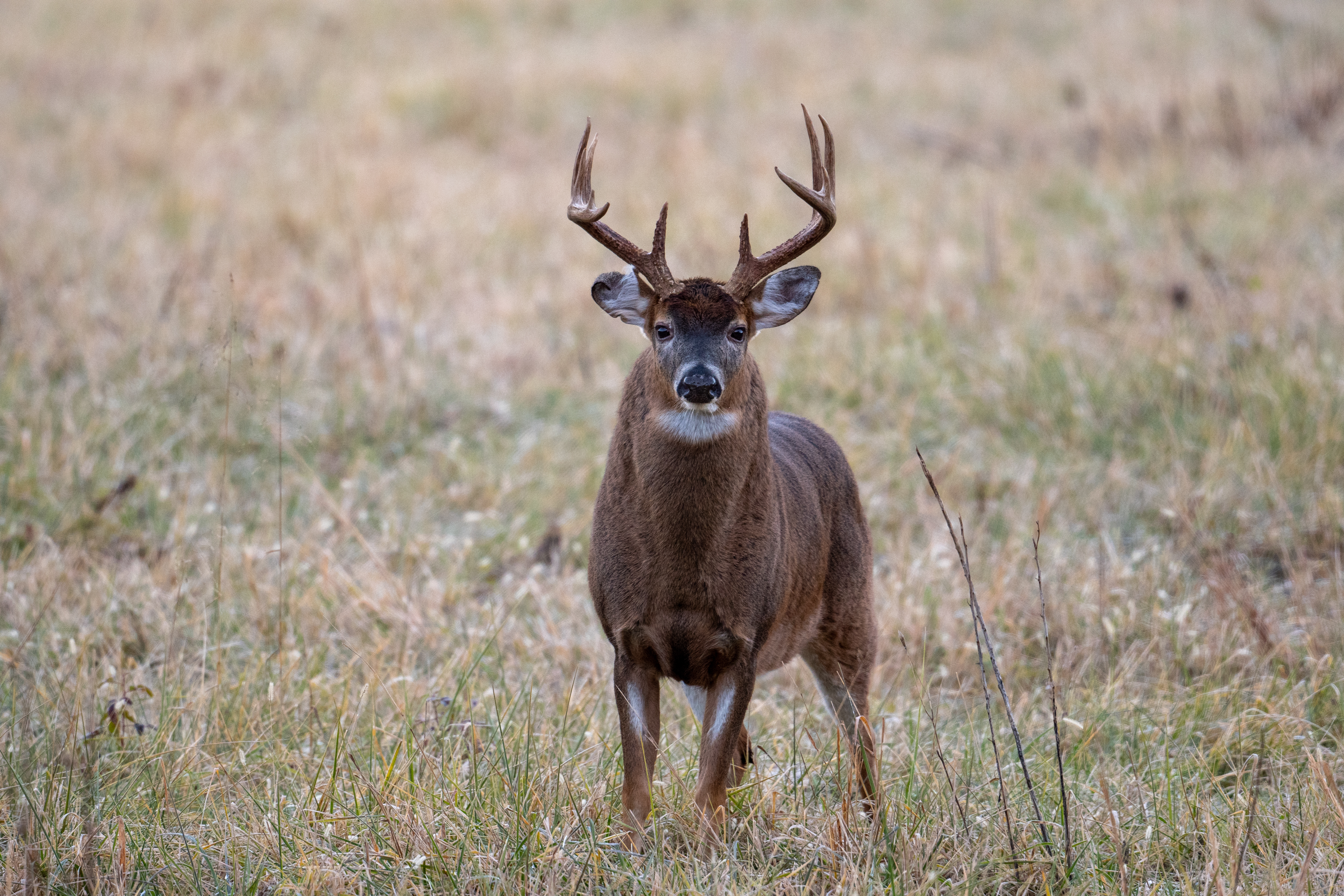
Why is Accuracy So Important When Hunting?
You want to enjoy a meal made from what you harvest during a hunt. So, "accuracy" is the difference between an ethical harvest or a missed opportunity (or, even worse, an injured animal).
Here's why accuracy is so important when hunting:
- Hitting Your Target: An accurate shot means hitting the exact spot of intention. When hunting, this means vital areas such as the heart or lungs to ensure a faster, more humane kill.
- Ethical Hunting: A humane shot means reducing the animal's suffering as much as possible and reducing the chances of wounding.
- Respect for the Environment: Respect for the environment means taking a decisive shot that hits the intended target and nothing else. Misses risk hitting other game that may be protected or at risk of negatively impacting the sustainability of wildlife populations.
- Safety: Accuracy is also a matter of safety, as miscalculating a shot can result in accidents or unintended outcomes.
In short, well-placed shots minimize the chance of personal injury to others and help ensure a clean, ethical kill when hunting.
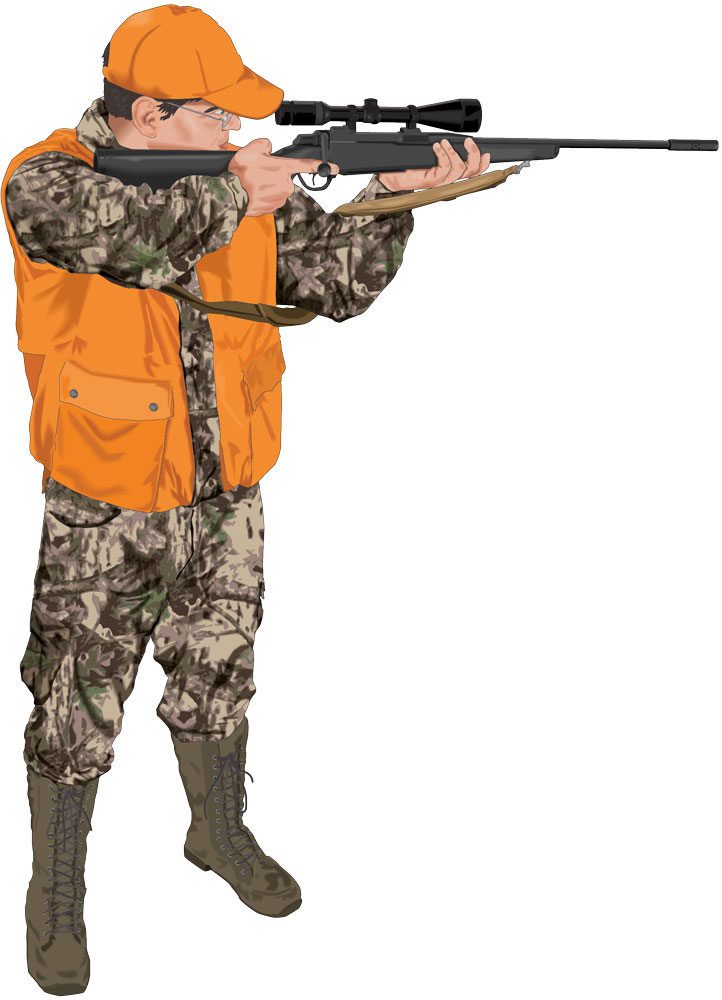
Precision vs. Accuracy: Which Should You Prioritize?
The priority of one over the other depends on the context and skill level of the hunter using the chosen firearm.
Precision should be prioritized for a beginner, as consistent shot placement builds a foundation for accuracy. Once you're confident with your precision and achieving solid grouping on the target, focus on adjusting and adapting to the environment to ensure these shots are as accurate as possible.
This could mean slowing down or focusing on details such as grip, sighting calibration, or estimating wind speed before taking a shot.
Ideally, all hunters should aim for an integrated approach, taking the time to practice shots from differing locations, in various environments, and at several different targets.
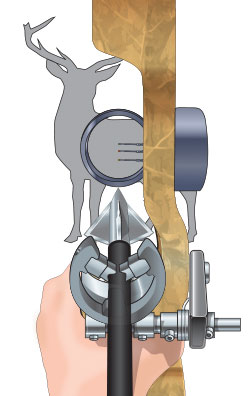
4 Tips To Boost Precision and Accuracy
There's no way around it: grinding at the range will be your gateway to solid shots repeatedly. Here are a few tips to help you improve precision and accuracy with your firearm or bow.
1. Consistent Practice
Set aside appropriate time at regular intervals to practice shooting in various circumstances and environments. Enroll in shooting lessons to gain valuable insights from the pros, and take the time to ask questions and get advice from hunting buddies with more experience.
2. Environmental Exposure
Accuracy highly depends on external factors, including weather, winds, terrain, firearm caliber, etc. Research, learn, and practice firing or shooting your bow in various environments, noting how the different factors impact your shots.
3. Improve Your Mental Focus
Proper breathing, concentration, and composure can all contribute to an accurate and precise shot. Practice calming techniques, understand how adrenaline can impact your shot-taking, and develop strategies to overcome these forces.
4. Study Your Shots
To make the most of your range or target time, analyze your shots after each shoot. Look for groupings and outliers, and speak to experts on the range about ways to improve your shots.
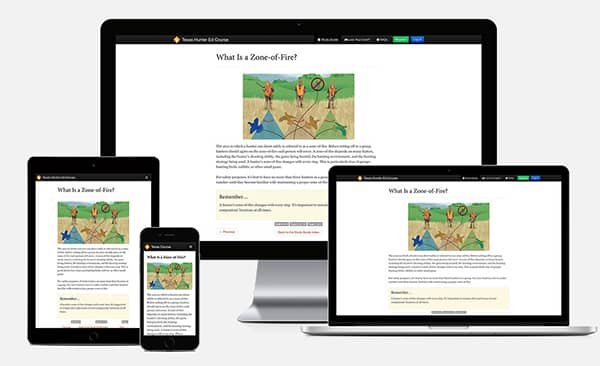
Learn More About Firearm Safety and Shooting Skills with Hunter Education
Straight shooting is indeed a crucial aspect of safe hunting, but it's important to remember that the world of hunting is not without its risks. A lot more goes into hunter safety than just precision and accuracy, and understanding these risks is the first step toward a safe and enjoyable hunting experience.
Whether you're a novice or a seasoned hunter, the value of a hunter safety course cannot be overstated. A state-approved course through Hunter-Ed serves as a platform for continuous learning, allowing you to acquire, review, and enhance your safety strategies to ensure your well-being.
Whether your state requires hunting education (or not), we believe all hunters can benefit from the knowledge in our online courses! You'll learn about firearm safety, basic shooting skills, and ethical hunting practices (plus much more).
Before your next hunt, spend some time with Hunter-Ed and build a foundation for safety in the field. Find the course for your state and start learning with our free online study guides.

